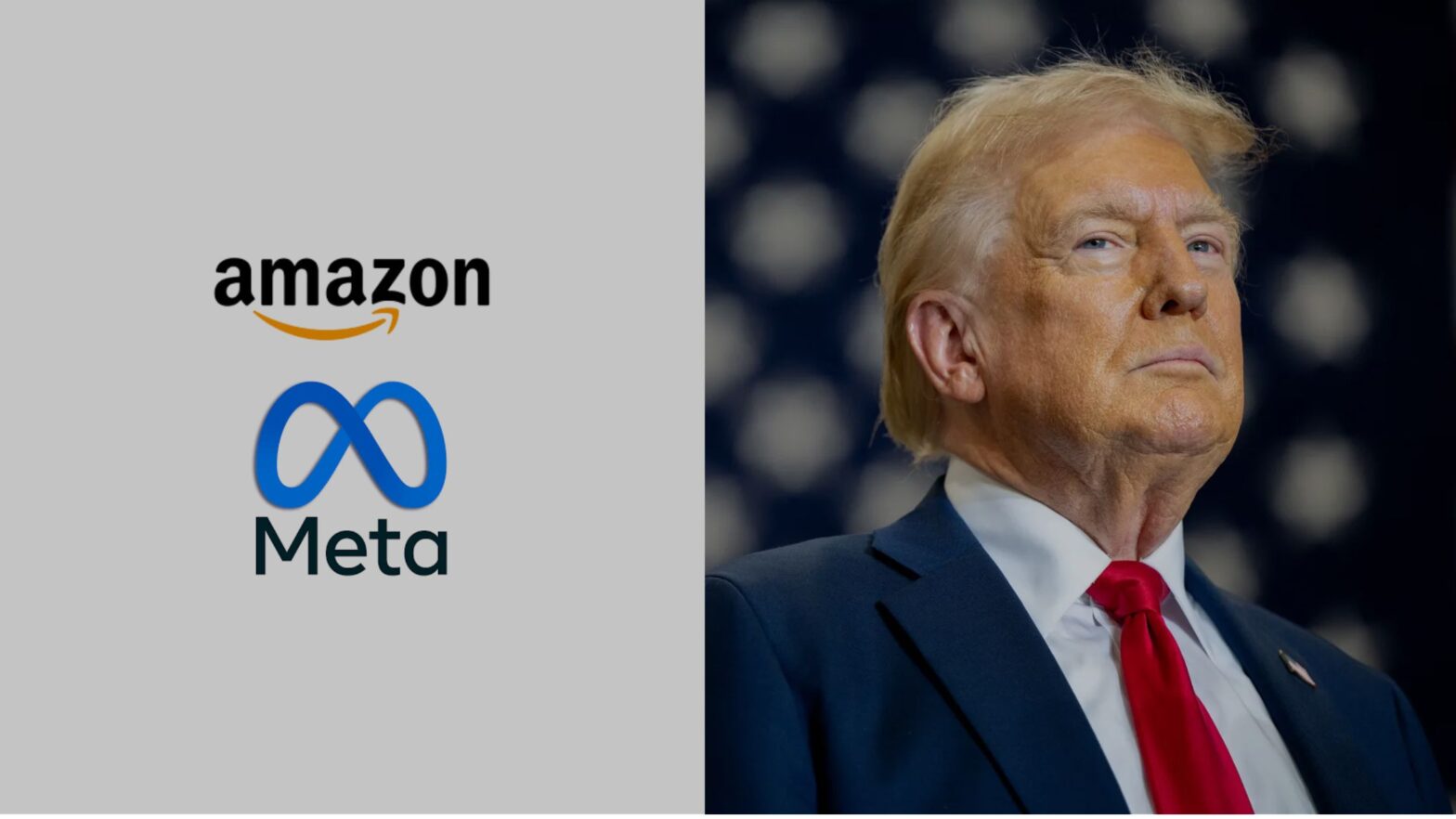Telegram, Google, and X, when technology moves faster than institutions
September 30, 2024

Angela Abril
In an increasingly digitized world where messaging platforms play a crucial role in global communication, the recent arrest of Telegram CEO Pavel Durov in France has sparked a heated debate about freedom of expression and government control in the digital age. This incident is not just an isolated case, but part of a worrying trend where governments are increasingly seeking to exert control over tech platforms that facilitate the flow of information.

Telegram: a haven for privacy and freedom
Telegram, founded by brothers Nikolai and Pavel Durov, has gained notoriety for its strong commitment to privacy and secure communications. With features like end-to-end encryption and self-destructing messages, the platform has become a refuge for those seeking to protect their conversations from government and corporate scrutiny. This approach has made Telegram particularly popular among activists, journalists, and citizens concerned about mass surveillance.
However, these same features have led to the platform being viewed with suspicion by several governments. Telegram has been accused of being a space where illegal activities thrive, from organizing protests to coordinating criminal activities. These arguments have been used to justify attempts to regulate or even ban the platform in various countries, including Russia, Iran, and more recently, Brazil.
The arrest of Durov: a turning point
Pavel Durov’s arrest in France marked a critical moment in Telegram’s history. French authorities justified the arrest by claiming that Telegram had failed to comply with government requests to hand over information on specific users under investigation for illegal activities. This action sparked immediate and strong reactions from privacy and free speech advocates worldwide.
Durov’s arrest raises a series of unsettling questions: To what extent can governments intervene in the operations of tech platforms that are designed to protect privacy? Where is the balance between national security and individuals’ rights to privacy and freedom of expression?
The impact on the free market, a dangerous precedent
This incident is not unique in the global context. Simultaneously, Google faces an antitrust trial in the United States, which could lead to one of the largest corporate breakups in recent history. In Brazil, the government imposed severe restrictions on the social network X, prompting its owner, Elon Musk, to shut down operations in the country. These actions demonstrate a growing pattern of government interventions that could have a lasting impact on the free market.
The ability of governments to shut down or restrict the operations of tech companies raises serious questions about the future of innovation. Tech companies have long been engines of global economic growth, driving advances in communication, medicine, transportation, and more. If governments can intervene in their operations at will, what does this mean for global competition and technological development?
What does this mean for the future?
The arrest of Telegram’s CEO is more than just a legal incident; it is a symbol of the struggle for control of information in the 21st century. As governments seek to exert greater control over digital platforms, the global community faces a crossroads: will they allow governments to restrict freedom of expression and innovation, or will they defend these fundamental principles against the growing trend of state intervention?
The answer to this question will determine not only the future of Telegram but the entire digital ecosystem. As we move forward, it will be crucial to find a balance between the need for security and the protection of individual rights, without stifling the innovation that has defined the digital age.
This incident highlights the importance of ongoing dialogue between tech companies, governments, and civil society to ensure that the digital future is one where freedom of expression and the free market can thrive together.
Ultimas publicaciones

December 16, 2024
Tech giants Back Trump: $1 million donations from Amazon, Meta, and OpenAI spark debate

December 16, 2024
Deel and the Rise of Remote Work: What Is This Fintech Doing Differently?

December 16, 2024

